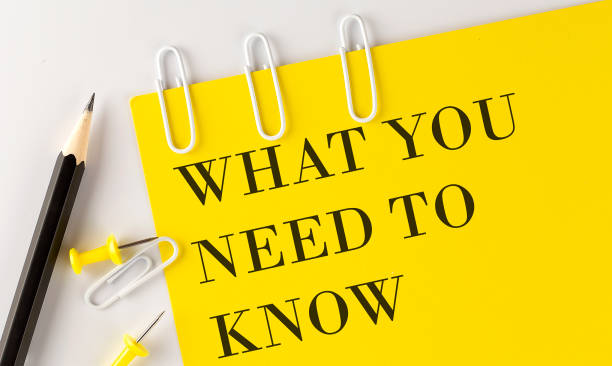Tax Preparation for Freelancers:
What You Need to Know

Tax Preparation for Freelancers:
What You Need to Know
As a freelancer, you're probably aware that tax season isn't just a once-a-year event; it's an ongoing responsibility that demands attention to detail. You're managing your own business and navigating the complexities of self-employment taxes and deductions. It's crucial to understand what must be done to avoid costly mistakes. Have you considered how meticulous record-keeping and estimating quarterly payments can impact your bottom line? There's also the question of whether to handle tax preparation independently or enlist professional help. These decisions can significantly affect your financial health.
Understanding Your Tax Obligations
As a freelancer, you must understand your tax obligations to avoid unwelcome surprises. You're responsible for handling your taxes, which includes understanding the self-employment tax. This tax covers your Social Security and Medicare obligations, typically around 15.3% of your net earnings. Unlike traditional employees, taxes aren't automatically deducted from your paychecks, so you'll need to estimate and make quarterly payments directly to the IRS.
Keep track of your income and expenses throughout the year, ensuring you report everything accurately. Knowing your state's specific tax requirements is crucial, as these can vary. Consider setting aside a portion of your income for taxes to prevent cash flow issues when payments are due.
Maximizing Tax Deductions
One of the most effective ways to reduce your tax liability as a freelancer is by maximizing your tax deductions. To do this, you'll need to understand what expenses qualify. Common deductible expenses include office supplies, software subscriptions, travel costs, and home office expenses. If you use your car for business, track mileage and related expenses. Don't forget about health insurance premiums if you pay them yourself, and any retirement contributions you make.
Keep detailed records of all business-related expenses throughout the year. Receipts, invoices, and bank statements are your best friends here. It's crucial to differentiate personal expenses from business ones to avoid red flags. By diligently tracking and claiming your deductions, you can significantly reduce your taxable income and keep more money in your pocket.
Organizing and Filing Taxes
Understanding how to maximize your tax deductions sets the stage for effectively organizing and filing your taxes as a freelancer. Begin by keeping meticulous records of your income and expenses throughout the year. Use accounting software or apps to track everything. Create a digital or physical folder for receipts and important documents, ensuring they're categorized and easily located. When it's time to file, decide whether to handle it yourself or hire a professional. If you're going solo, familiarize yourself with tax forms like Schedule C. Consider quarterly estimated tax payments to avoid penalties. Always double-check details before submitting, ensuring accuracy. Staying organized simplifies filing and minimizes stress, helping you focus more on your freelance work.
Check this: https://taxshieldservicepontiac.com/personal-and-business-tax-waterford